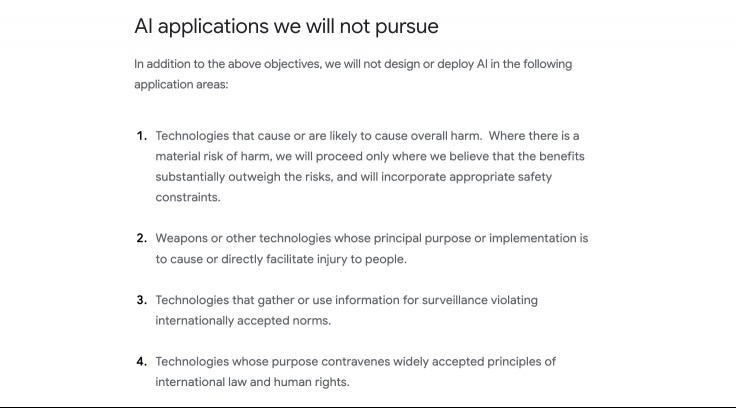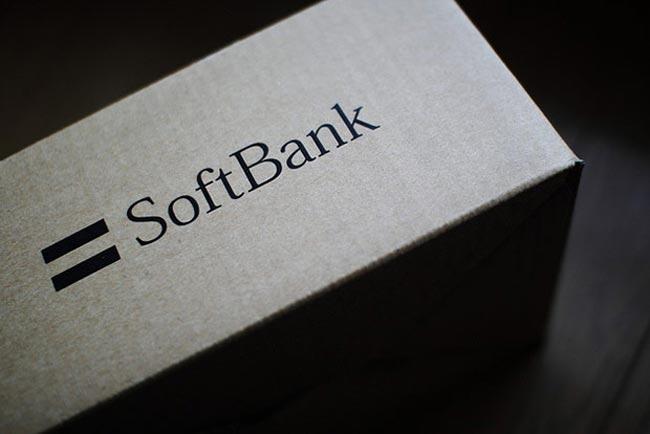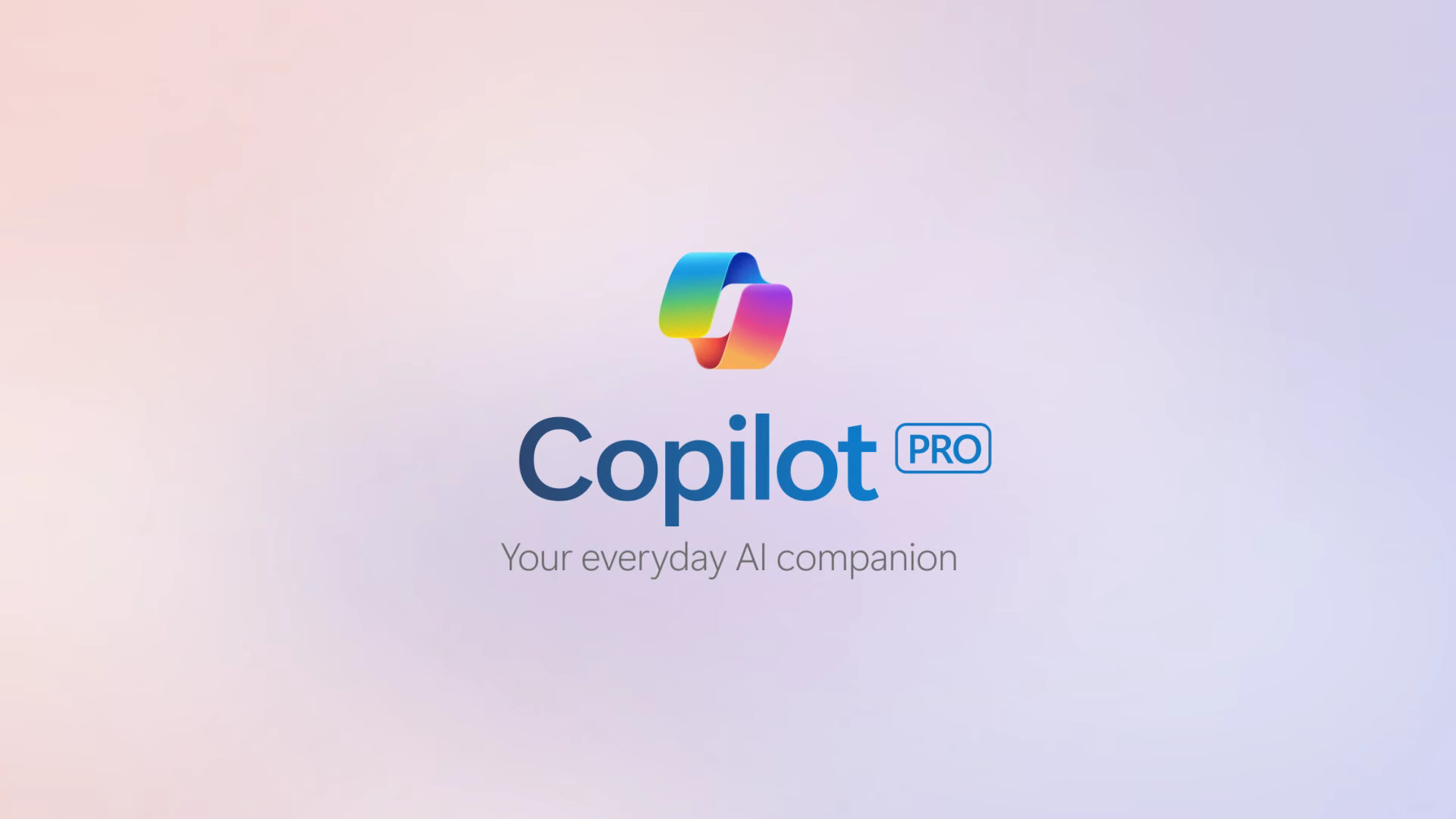I loved this AI-first web browser, but experts warned me of ‘free’ AI
“If you’re not paying for the product, you are the product.” Bogdan Onikiienko, an engineer at MacPaw, dropped that hard-hitting quote on me after usi

On February 4, Google updated its “AI principles,” a document detailing how the company would and wouldn’t use artificial intelligence in its products and services. The old version was split into two sections: “Objectives for AI applications” and “AI applications we will not pursue,” and it explicitly promised not to develop AI weapons or surveillance tools.

The update was first noticed by The Washington Post, and the most glaring difference is the complete disappearance of any “AI applications we will not pursue” section. In fact, the language of the document now focuses solely on “what Google will do,” with no promises at all about “what Google won’t do.”
Why is this significant? Well, if you say you won’t pursue AI weapons, then you can’t pursue AI weapons. It’s pretty cut and dry. However, if you say you will employ “rigorous design, testing, monitoring, and safeguards to mitigate unintended or harmful outcomes and avoid unfair bias,” then you can pursue whatever you want and just argue that you employed rigorous safeguards.
Similarly, when Google says it will implement “appropriate human oversight,” there’s no way for us to know what that means. Google is the one who decides exactly what appropriate human oversight is. This is a problem because it means the company isn’t actually making any promises or giving us any solid information. It’s just opening things up so it can move around more freely — while still trying to give the impression of social responsibility.
Google’s involvement in the U.S. Department of Defense’s Project Maven in 2017 and 2018 is what led to the original AI principles document. Thousands of its employees protested the military project, and in response, Google did not renew the agreement and promised to stop pursuing AI weapons.
However, fast-forward a few years and most of Google’s competitors are engaging in these kinds of projects, with Meta, OpenAI, and Amazon all allowing some military use of their AI tech. With the increased flexibility of its updated AI principles, Google is effectively free to get back in the game and make some military money. It will be interesting to see if Google’s employees will have anything to say about this in the near future.

“If you’re not paying for the product, you are the product.” Bogdan Onikiienko, an engineer at MacPaw, dropped that hard-hitting quote on me after usi

SoftBank boss Son Masayoshi said on Wednesday that his team is working on a first-of-its-kind system in which AI agents will be able to self-replicate

Earlier this year, an uplifting story detailed how a mother turned to ChatGPT and discovered that her son was suffering from a rare neurological disor

Meta has tasted quite some unprecedented success with its camera-equipped smart glasses made in collaboration with Ray-Ban. They started off with soci

Late last year, Microsoft introduced a new AI feature called Copilot Vision for the web, and now it’s being made available on mobile devices. This fea

Apple’s AI efforts haven’t made the same kind of impact as Google’s Gemini, Microsoft Copilot, or OpenAI’s ChatGPT. The company’s AI stack, dubbed App

One of the most obvious — and honestly, the dullest —trends within the smartphone industry over the past couple of years has been the incessant talk a

In 2024, Hollywood was roiled by protests led by the SAG-AFTRA union, fighting for fair rights over their physical and voice identities in the age of
We are a comprehensive and trusted information platform dedicated to delivering high-quality content across a wide range of topics, including society, technology, business, health, culture, and entertainment.
From breaking news to in-depth reports, we adhere to the principles of accuracy and diverse perspectives, helping readers find clarity and reliability in today’s fast-paced information landscape.
Our goal is to be a dependable source of knowledge for every reader—making information not only accessible but truly trustworthy. Looking ahead, we will continue to enhance our content and services, connecting the world and delivering value.